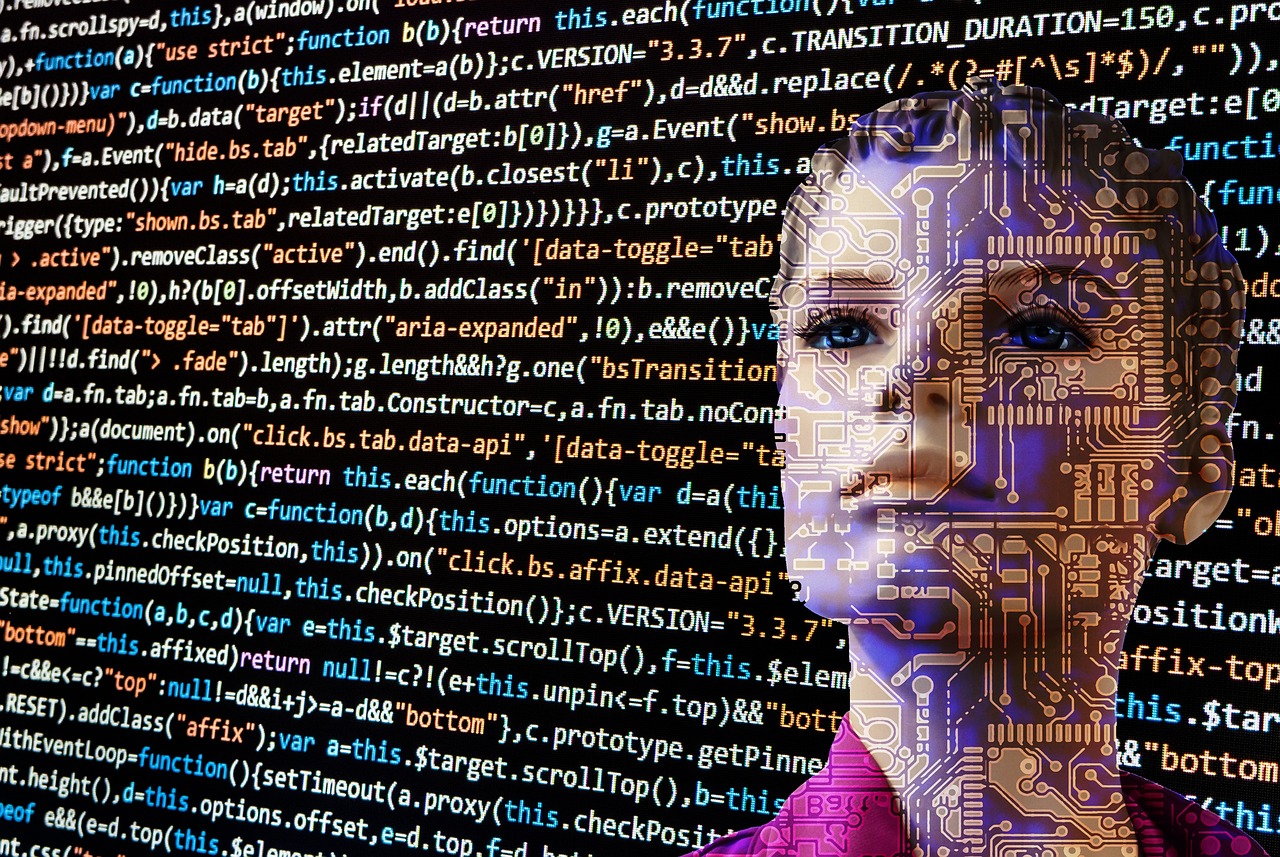The 21st century has witnessed an extraordinary technological revolution, with Artificial Intelligence (AI) emerging as a central force propelling innovation across various industries. From healthcare to finance, manufacturing to entertainment, the rise of AI has redefined the possibilities of human ingenuity. This article delves deep into the transformative journey of AI and explores its multifaceted benefits that are reshaping the way we live, work, and interact with the world around us.
The Evolution of AI: A Brief Overview
Artificial Intelligence, once confined to the realm of science fiction, has evolved into a tangible reality. The field traces its roots back to the 1950s when early pioneers like Alan Turing laid the theoretical groundwork. Over the decades, AI research has experienced waves of progress, fueled by advancements in computer processing power, algorithms, and data availability.
1. Advancing Healthcare and Medicine
One of the most promising applications of AI lies in healthcare. AI algorithms can analyze vast amounts of medical data, aiding in the early diagnosis of diseases, treatment planning, and personalized medicine. Radiology benefits from AI-powered image recognition, assisting doctors in identifying anomalies on medical scans with increased accuracy. AI also plays a pivotal role in drug discovery, significantly expediting the process of identifying potential compounds for various ailments.
2. Transforming Industries with Automation
Automation powered by AI is revolutionizing industries by streamlining processes, reducing human error, and improving efficiency. Manufacturing and logistics are prime examples, where AI-driven robots and systems optimize supply chains, monitor equipment health, and facilitate predictive maintenance. This enhances productivity and ultimately leads to cost savings.
3. Enriching Customer Experiences
The integration of AI into customer service has redefined the way businesses interact with their clientele. Chatbots and virtual assistants, armed with Natural Language Processing (NLP) capabilities, offer seamless and personalized customer support 24/7. They can handle routine queries, freeing human agents to focus on more complex tasks, thus enhancing overall customer satisfaction.
4. Enhancing Financial Decision-Making
AI’s ability to process and analyze vast financial data in real-time is transforming the finance industry. Algorithmic trading leverages AI to make split-second decisions in volatile markets. Credit scoring benefits from AI-powered risk assessment models, enabling lenders to make more accurate lending decisions. Additionally, fraud detection algorithms identify unusual patterns in transactions, safeguarding financial institutions and customers alike.
5. Revolutionizing Education
AI is reshaping the education sector by offering personalized learning experiences. Adaptive learning platforms use AI to analyze students’ progress and adapt content to individual needs, fostering a more engaging and effective learning environment. Moreover, AI-driven language translation tools are breaking down language barriers and facilitating global collaboration in education.
6. Unleashing Creativity in Arts and Entertainment
Creativity knows no bounds with AI. In the arts and entertainment industry, AI algorithms are composing music, generating art, and even scripting narratives. This blurs the lines between human-generated and AI-generated content, sparking intriguing discussions about the nature of creativity itself.
7. Aiding Environmental Sustainability
AI’s analytical prowess is aiding environmental conservation efforts. AI-powered sensors monitor ecosystems, detect pollution levels, and predict natural disasters. Smart energy grids optimize energy distribution, reducing waste and minimizing environmental impact. Additionally, AI-driven agricultural practices optimize crop yield and resource utilization, contributing to sustainable food production.
8. Driving Research and Discovery
AI’s ability to analyze massive datasets accelerates scientific research. In fields like astronomy and genomics, AI algorithms sift through colossal amounts of data, uncovering patterns that human researchers might overlook. This has the potential to catalyze breakthroughs in medicine, physics, and other scientific domains.
9. Fostering Inclusive Technology
AI has the power to bridge accessibility gaps for individuals with disabilities. Speech recognition and text-to-speech technologies enable better communication for those with hearing or speech impairments. AI-driven visual recognition systems aid the visually impaired, narrating their surroundings and facilitating navigation.
Conclusion
The rise of Artificial Intelligence has marked a new epoch in human history, characterized by unparalleled technological progress and innovation. The applications and benefits of AI are manifold, impacting industries, improving human lives, and reshaping the fabric of society. As we continue to explore the potential of AI, it is essential to navigate its ethical and social implications thoughtfully. By harnessing the transformative power of AI for the betterment of humanity, we pave the way for a future that is both technologically advanced and ethically conscious.


